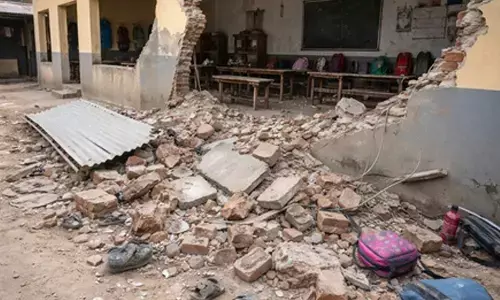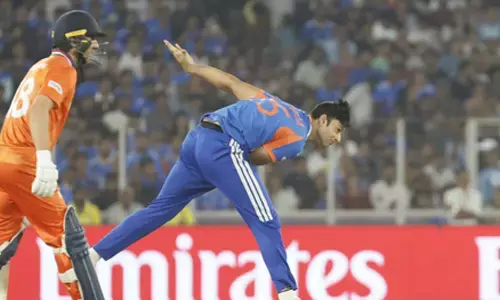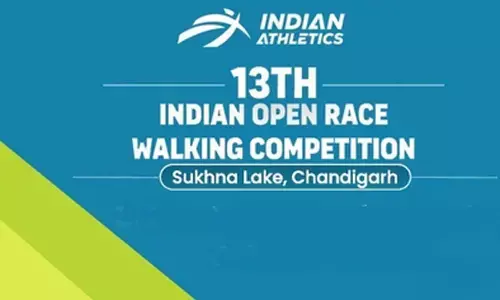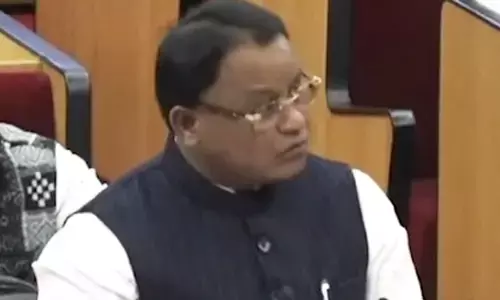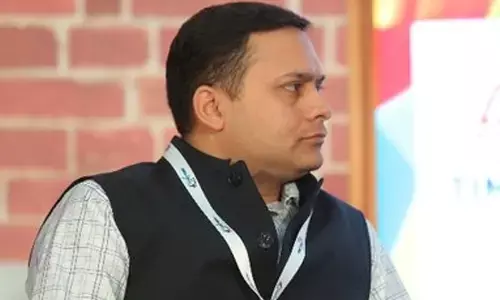Vice President: election & responsibilities
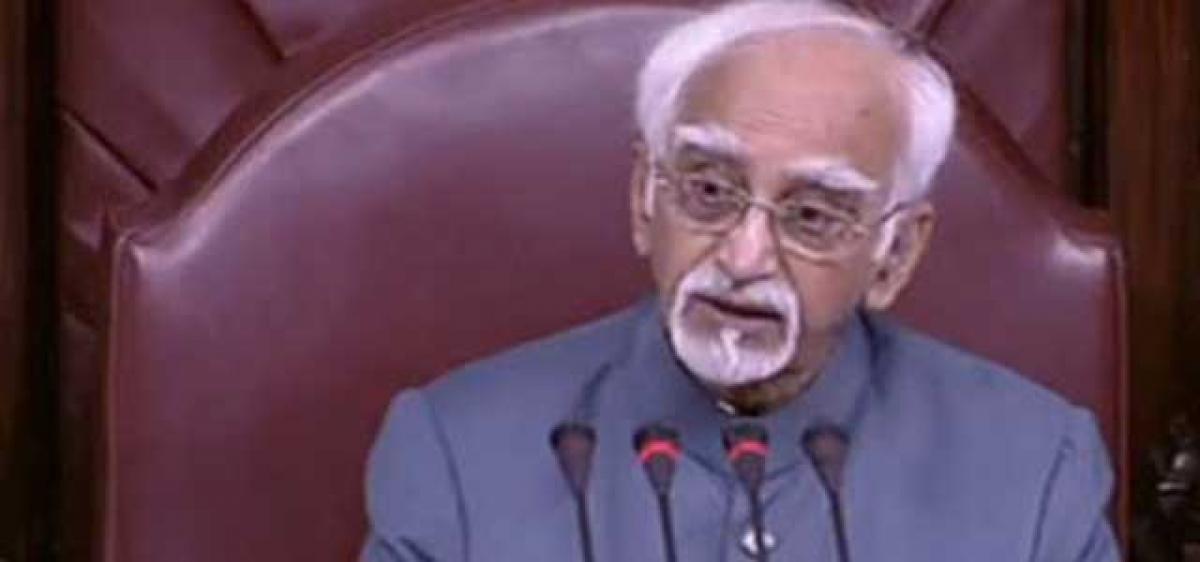
According to the Constitution of India, the office of the Vice President is the second highest constitutional post in independent India. The Vice President is the \'ex-officio\' Chairperson of the Rajya Sabha.
According to the Constitution of India, the office of the Vice President is the second highest constitutional post in independent India. The Vice President is the 'ex-officio' Chairperson of the Rajya Sabha.
The office of the Vice President in India is complementary to that of the President, in that, the Vice President takes over the role of the President in the latter’s absence.
In other words, the role of the Vice President is to assist the President in being the nominal head of the Republic of India. However, one must remember that the office of the President and the Vice President cannot be combined in one person, as per the Constitution of India.
Also Read:
The President of India
Article 52 of the Constitution of India says that there shall be a President of India. Article 53 says that all the executive powers of the Union shall be exercised by him either directly or through officers subordinate to him...
Powers and functions of the Vice President
The Vice President of India, after the President, is the highest dignitary of India, and certain powers are attached to the office of the Vice President. These are:
- The Vice President shall discharge the functions of the President during the temporary absence of the President due to illness or any other cause due to which the President is unable to carry out his functions.
- The Vice President shall act as the President, in case of any vacancy in the office of the President by reason of his death, resignation, removal through impeachment or otherwise. The Vice President shall take over the duties of the President until a new President is elected and resumes office.
- The Vice President is the ex-officio Chairman of the Council of States.
- When the Vice President acts as, or discharges the functions of the President, he or she immediately ceases to perform the normal functions of being the Chairman of the Council of States.
Interesting Facts
- Dr. Sarvepalli Radhakrishnan was the first Vice President of independent India, elected to the office in 1952.
- The only Vice President to be re-elected for a second term was Dr. S Radhakrishnan, who again became the Vice President in the year 1957.
- No Vice President, in the history of independent India, has had to face removal proceedings before the expiry of the term of office.
- K R Narayanan, Shankar Dayal Sharma, R Venkataraman, V V Giri, Zakir Hussain and Dr. S Radhakrishnan, each of whom was a President of India at different points in time, remained Vice Presidents before they were elected as Presidents.
- The present Vice President of India, Mohammad Hamid Ansari, has served as an ambassador to many countries across the world, such as U.A.E, Saudi Arabia, Afghanistan, Iran and others.
Eligibility criteria
The qualifications needed to become a Vice President of India are the following:
- He or she must be a citizen of India.
- He or she must be over 35 years of age.
- He or she must not hold any office of profit.
- He or she must be qualified for election as a Member of the Rajya Sabha or the Council of States.
Salary of the Vice President
The Vice President is entitled to receiving the salary of the Chairman of the Council of States, which presently amounts to Rs 1,25,000 per month.
However, when the Vice President performs the functions of the President or discharges the duties of the President, in the latter’s temporary absence, he is entitled to the salary as well as special privileges of the President.
Facilities for the Vice President
The Vice President, unlike the President, is not entitled to any special emoluments and privileges during his term of office. However, when he discharges the duties of the President in the latter’s absence, the Vice President enjoys all the benefits that are enjoyed by the President, during that tenure.
Selection process of the Vice President
Like the election of the President, the election of the Vice President is indirect and in accordance with the system of proportional representation, through the concept of a single transferable vote by secret ballot.
The electoral college, which consists of members of both houses of the Parliament, cast their votes to elect the Vice President. However, there is a slight difference in the election of the Vice President and that of the President.
The members of the State Legislatures have no role to play in the election of the Vice President, unlike that of the President.
The Election Commission of India, which holds elections in the country, is responsible for ensuring that free and fair elections to the post of a Vice President are held in the following steps:
- A Returning Officer who is appointed for the elections, sends out public notices issuing the date of election to the office of the Vice President. The elections for the same must be held within a period of 60 days of the expiry of the term of office of the previous Vice President.
- The nomination of candidates to the office of a Vice President must be affirmed by 20 electors (Members of Parliament) who act as proposers, and 20 electors who act as seconders.
- Each candidate must deposit a total of Rs 15,000 to the Reserve Bank of India, as part of the nomination process.
- The Returning Officer carefully scrutinises and adds to the ballot, the names of all eligible candidates.
- The elections are then held by proportional representation by means of a single transferable vote. The nominated candidates can also cast their votes.
- The Returning Officer declares the results to the electoral college, the Central Government and the Election Commission of India, respectively. The name of the Vice President is then officially announced by the Central Government.
Duty term or period of the Vice President
The office of the Vice President is for a period of five years. There is no fixed retirement age to the Vice President, as he or she can remain in the post for five years.
However, he or she can be re-elected as the Vice President for any number of times. The office of the Vice President can also terminate earlier before the fixed five-year term, either by resignation or by removal by the President.
There is no formal process of impeachment for the removal of the Vice President, and a removal proceeding can be initiated when members of the Rajya Sabha vote against the Vice President in an effective majority and members of Lok Sabha agree to this decision in a simple majority.
A total of 14 days advance notice must be given prior to the initiation of the removal proceedings of the Vice President. In such cases, when a temporary vacancy in the office of the Vice President is created, the Deputy Chairman of the Rajya Sabha takes over the role of the Chairman of the Rajya Sabha.
Pension of the Vice President
Although there is no particular fixed pension in the Constitution for the Vice President of India, according to the Vice President’s Pension Act of 1997, the pension of the Vice President is half of the salary that he/she is entitled to, during his term of office.
Residence of the Vice President
Unlike the President, the Vice President is not allotted any special residential privileges while in office. While the President of India stays in the Rastrapati Bhavan, the Vice President is not subject to any such benefits during his or her tenure as the Vice President.



